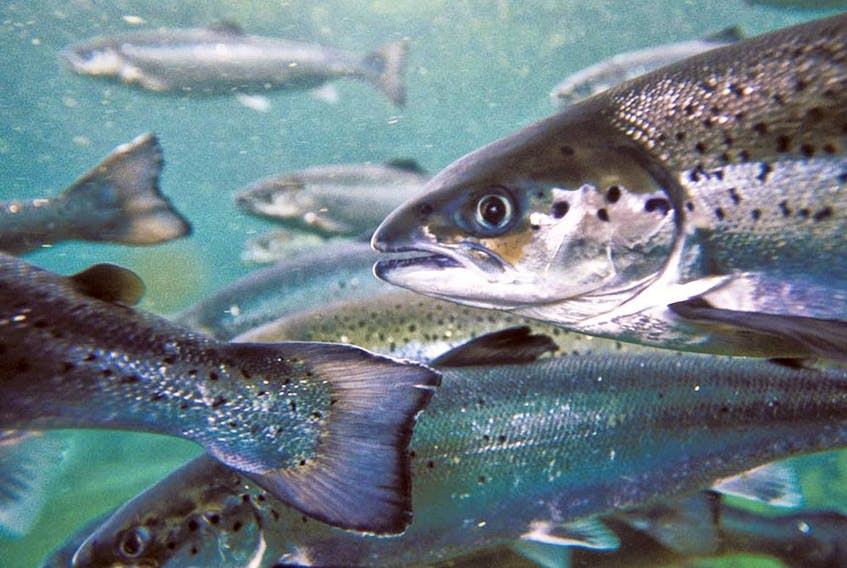In his letter to the editor of Aug. 24 (“Open-net pen aquaculture is a growing and innovative technology”), Cyr Couturier claims that open-net pen (ONP) aquaculture is alive and well in Newfoundland and Labrador and everywhere else.
Nothing could be further from the truth.
In Norway, the birthplace of ONP technology, it is not possible to even get a licence to establish a new salmon aquaculture farm. Norway has made it impossible for new ONP operations to establish or for existing operations to expand, mainly by imposing astronomically high license fees or technical barriers such as not meeting innovation requirements.
However, licences for Recirculatory Aquaculture Systems (RAS), which are land-based, are free. Clearly in Norway RAS is seen as the future for farming Atlantic salmon. Meanwhile in N.L., access fees are negligible and salmon farmers pay nothing for the incredible damage and pollution they create.
The problems which have plagued the ONP aquaculture industry are well known and they have crippled the industry everywhere it has been established including N.L. These problems are sea lice, disease, and loss of containment. Each of these, in turn, results in a suite of negative impacts which cannot be mitigated.
For example, sea lice have been treated with ever-increasing levels of pesticides but they simply adapt to this and every other form of treatment that has been tried. Diseases such as Infectious Salmon Anemia (ISA) can render a farm’s entire stock not only worthless, but a liability as it has to be disposed of in a bio-secure manner.
Even the seemingly simple matter of keeping the fish in the pens has been an impossible challenge for the ONP industry.
In some cases this has led to catastrophic outcomes such as in Washington State which banned the salmon farms from their jurisdiction. Here in N.L. the escape of farmed salmon has been so extensive that virtually all of our South Coast rivers have high levels of interbreeding between wild Atlantic salmon and escaped farm salmon. DFO has documented this genetic pollution but has done nothing to address it. The province seems quite content that this has happened as long as the sitting government members get the few votes they are after.
The RAS model solves these problems very simply. The salmon are grown through all life stages in tanks that are located on land. They are not exposed to sea lice and therefore are not treated with dangerous pesticides. They are not exposed to ISA and other disease pathogens and therefore do not need the excessive doses of antibiotics that are standard in the ONP approach. Similarly escapes do not occur in land-based tanks and even if they did there is no risk to the ocean environment and other organisms. The RAS product is vastly superior to the ONP product being free of pesticides and is preferred by consumers who are prepared to pay a premium. Other ONP problems such as pollution of the sea bed below the cages are also solved as the waste produced is removed from the recirculated water and used in fertilizers.
Apparently Couturier agrees RAS is the way of the future for the Atlantic salmon farming industry, but that future while building rapidly is not here yet. Little wonder with over 250 RAS projects worldwide. The point of the Telegram’s July 20 editorial “Farmed salmon 2.0” was to question the wisdom of the N.L. government investing so heavily in the ONP aquaculture industry at a time when elsewhere in the world there is a wholesale shift to RAS technology. It’s a pity that the N.L. government is prepared to sacrifice so much without giving any serious consideration to a viable and growing alternative.
Leo White,
Spokesperson, Newfoundland and Labrador Coalition for Aquaculture Reform,
St. John’s
RELATED:








